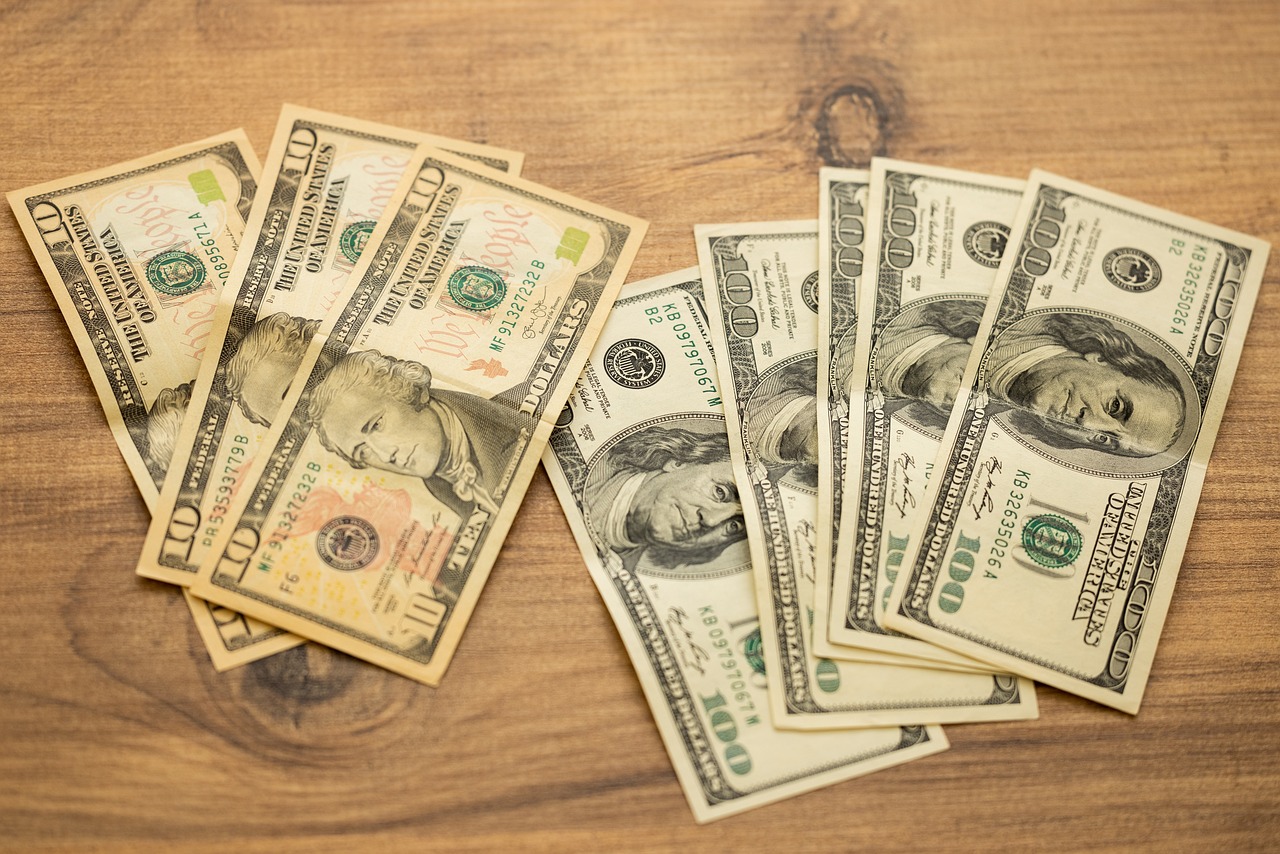
04 Feb How much do I really need in an emergency fund?
Photo: pixabay.comQ. It’s a new year and one of my resolutions is to be better with my money. I’ve upped the amount I save to my 401(k) and I’m spending less, so I think I will have more money to save. How much do I really need in an emergency fund? I don’t have credit card debt but I do have student loans and a mortgage, and we are having our first baby this summer.
— Getting it together
A. Congrats on your coming new addition!
Having a baby will surely impact your finances, so we’re glad you’re getting a handle on it now.
An emergency fund is an important part of your financial stability.
It is money that is specifically put aside in a savings account for use when an unexpected expense occurs, said Victoria Cannillo, a financial analyst with Baron Financial Group in Fair Lawn.
The typical recommended amount would be six months of your fixed expenses, including your student loan and mortgage payments, she said.
“One way to start this process would be to set up an automatic deposit into the emergency fund account each time you get paid,” Cannillo said. “It is best to have this go to a savings account, because if it’s in a checking account, you are more likely to spend it.”
At the same time, as you suggested, a closer look at your spending is essential.
Cannillo said at the beginning of the month, you should write down the balance of your checking account. Do this on the first day of the month for three months, she said.
“If you incorporate your income for that period as well as any cash withdrawals from other accounts, you can get a sense of what your monthly spending might be,” she said.
At the same time, pay attention to impulse buying, she said.
“It is very easy to purchase items online today. An idea might be to add items to your cart and revisit them at a later time to avoid buying on impulse and spending more than you can afford,” she said. “Another idea is to set aside a few days each month where you review items you would like to purchase. This can help keep you within the guidelines of your spending plan.”
You mentioned that you don’t have credit card debt, and that’s great.
“Using your debit card or cash instead of your credit cards can limit how much you spend,” she said. “If you are using credit cards, be aware how much you are paying in interest. We recommend paying your full statement balance every month to avoid paying any interest.”
Email your questions to Ask@NJMoneyHelp.com.
This story was originally published in February 2025.
NJMoneyHelp.com presents certain general financial planning principles and advice, but should never be viewed as a substitute for obtaining advice from a personal professional advisor who understands your unique individual circumstances.

